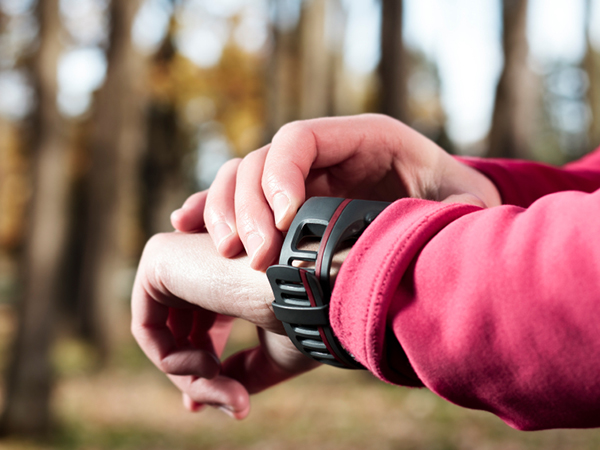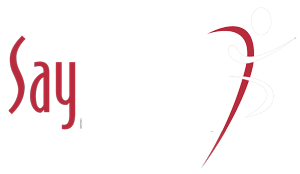
One of the most common questions for sports dietitians: “What should I eat before and after a workout?”
Sometimes the answer depends more on the athlete and the specific activity, but there are some common truths that apply for pre- and post-workout nutrition, whether you’re a weekend warrior or a seasoned veteran.
Don’t Skip the Carbs
Carbohydrates are fuel for your “engine” (i.e., your muscles). And, the harder your engine is working, the more carbs you need to keep going.
So you may be asking — how soon before a workout should I eat? It depends.
As a general rule of thumb, it’s best not to eat immediately before a workout because while your muscles are trying to do their “thing,” your stomach is trying to simultaneously digest the food in your stomach. These competing demands are a challenge for optimal performance. And, even more of a factor, eating too close to a workout may cause you to experience some GI discomfort while you train or play.
Ideally, you should fuel your body about 1 to 3 hours pre-workout, depending on how your body tolerates food. Experiment and see what time frame works best for your body. If you’re a competitive athlete, this is something you need to explore during your training days and not during game day.
Here are some suggestions for pre-workout fuel:
- A peanut butter and banana or PBJ sandwich
- Greek yogurt with berries
- Oatmeal with low-fat milk and fruit
- Apple and peanut or almond butter
- Handful of nuts and raisins (two parts raisins: one part nuts)
Notice that each of these suggestions include some protein as well as carbs. Carbs are the fuel. Protein is what rebuilds and repairs, but also “primes the pump” to make the right amino acids available for your muscles. Getting protein and carbs into your system is even more vital post workout.
Post Workout Nutrition
Your body uses stored energy (glycogen) in your muscles to power through your workout or game, but after that workout, you need to replenish the nutrients lost. What to do?
As soon as possible post workout, get carbs and protein immediately into your body. This gives your muscles the ability to replenish the glycogen they just lost through training and helps your tired muscles rebuild and repair with the available protein and amino acids. Try to eat within 15 minutes of completing an intense workout.
Post-workout meals include:
- Post-workout recovery smoothie (or post-workout smoothie made with low-fat milk and fruit)
- Low-fat chocolate milk
- Turkey on a whole-grain wrap with veggies
- Yogurt with berries
The above offer mainly carbs, some protein and are convenient — with the first two liquid options also helping to rehydrate the body.
Take Home Points
- Your body needs carbs to fuel your working muscles.
- Protein is there to help build and repair.
- Get a combination of the protein and carbs in your body 1 to 3 hours pre-workout and within approximately 20 minutes post-workout.
- Never try anything new on race or game day — it’s always best to experiment during training to learn what works best for your body.
Mohr, PhD, RD, Christopher R. “Timing Your Pre- and Post-Workout Nutrition.” Eat Right. Academy of Nutrition and Dietetics., 13 Feb. 2017, www.eatright.org/fitness/exercise/exercise-nutrition/timing-your-pre-and-post-workout-nutrition.

